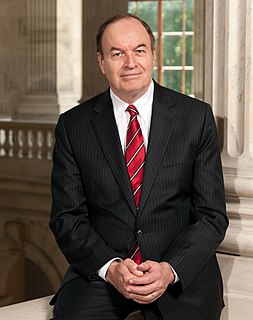A Quote by David Thewlis
I don't think they should trust anything that happens in 'Fargo' at all, and I'm sure 'Fargo' fans know not to make the mistake of trusting too much.
Related Quotes
A number of former Wells Fargo employees have described their work environment characterized by intense pressure to meet aggressive and unrealistic sales goals. In a 2010 letter to shareholders, Mr. Stumpf wrote that Wells Fargo's goal was eight products per customer because eight rhymed with great.
Wells Fargo's internal review only covers unauthorized accounts dating back to 2011. News reports and court documents suggest these problems might have existed long before then. The 2013 'Los Angeles Times' articles led to the L.A. city attorney's office investigation into Wells Fargo's sales practices.
... I don't think anybody should avoid mistakes. If it is within their nature to make certain mistakes, I think they should make them, make the mistakes and find out what the cost of the mistake is, rather than to constantly keep avoiding it, and never really knowing exactly what the experience of it is, what the cost of it is, you know, and all the other facets of the mistake. I don't think that mistakes are that bad. I think that they should try and not do destructive things, but I don't think that a mistake is that serious a thing that one should be told what to do to avoid it.

































